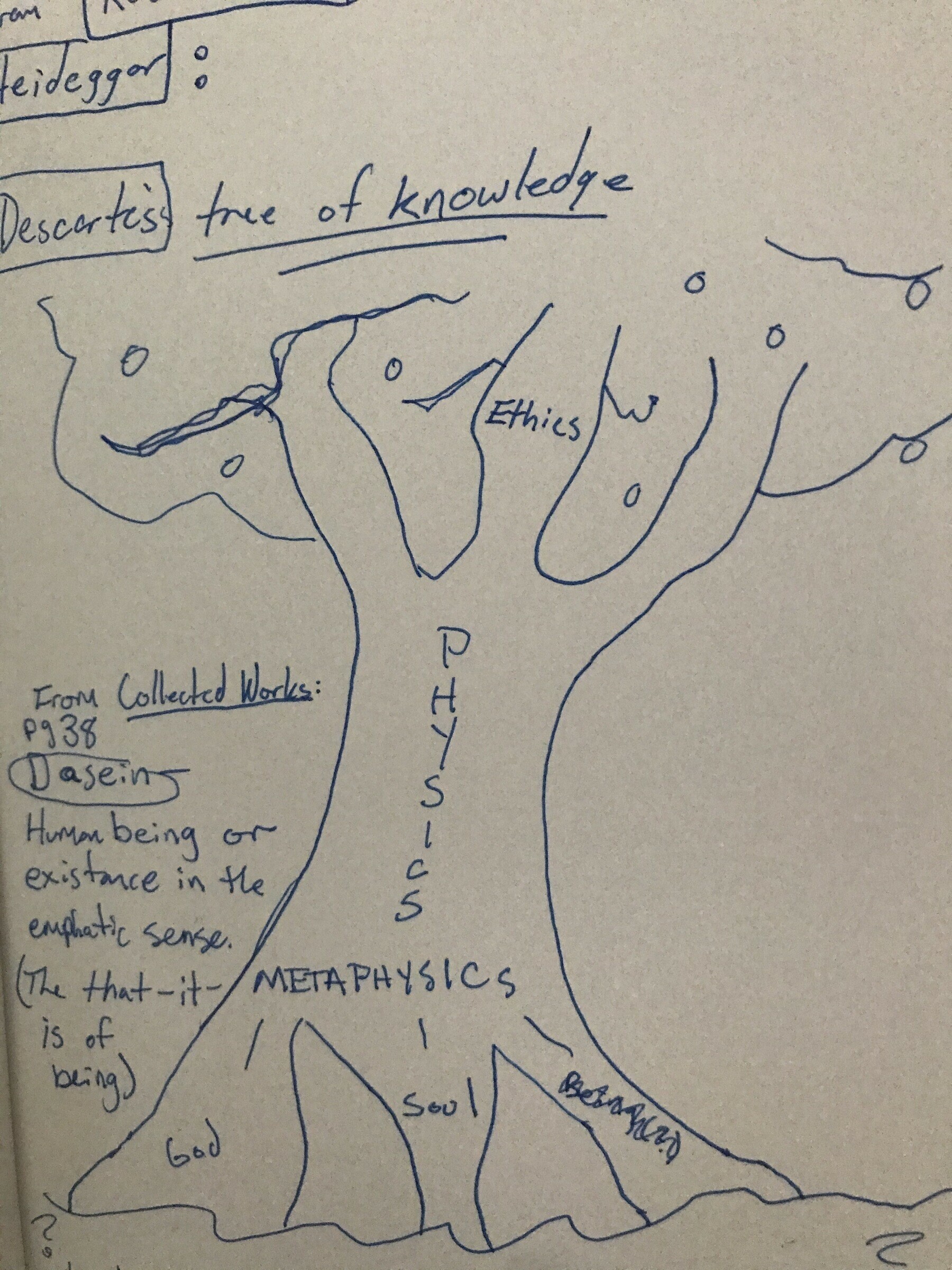Useful thinkers come in three varieties
From Alan Jacobs:
Useful thinkers come in three varieties. The Explainer knows stuff I don’t know and can present it clearly and vividly. This does not require great creativity or originality, though Explainers of the highest order will possess those traits too. The Illuminator is definitionally original: someone who shines a clear strong light on some element of history or human experience that I never knew existed. (Though sometimes after reading something by an Illuminator I will think, Why didn’t I realize that before?) The Provoker is original perhaps to a fault: Ambitious, wide-ranging, risk-taking, Provokers claim to know a lot more than they actually do but can be exceptionally useful in forcing readers to think about new things or think in new ways.
Some 20th-century thinkers who have been vital for me over the years:
Explainers: Charles Taylor, Mary Midgely, Freeman Dyson
Illuminators: Mikhail Bakhtin, Iris Murdoch, Michael Oakeshott
Provokers: Gregory Bateson, Kenneth Burke, Simone Weil
Jacobs later claims that one makes a vital error mistaking one roll for another. For example, he says of Rousseau the Provoker, "God help the reader who takes his purported illuminations seriously." In thinking of this potential mix-up, one general, Rousseauian principle comes to mind.
Because he thought that everything was good the nearer it was to the "hand of the Maker", Rousseau generally left his children to be taught by nature itself. He once neglected, with one group of his children, to record their dates of birth or genders upon their birth. This led to all sorts of problems that he later detailed in a letter, saying that the oversight would kill him.
